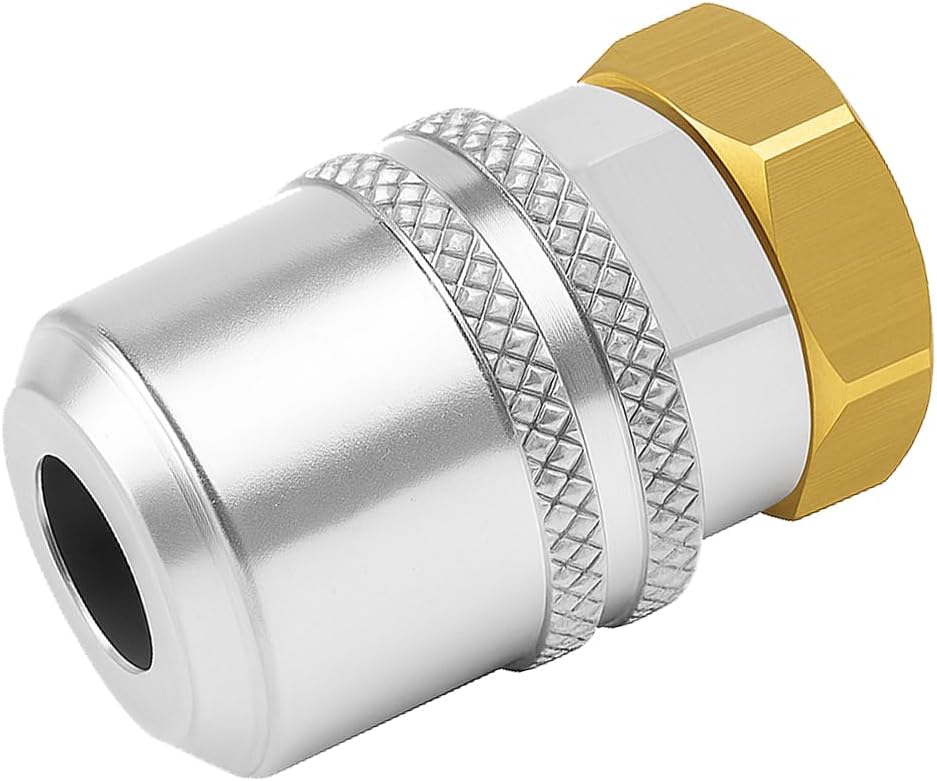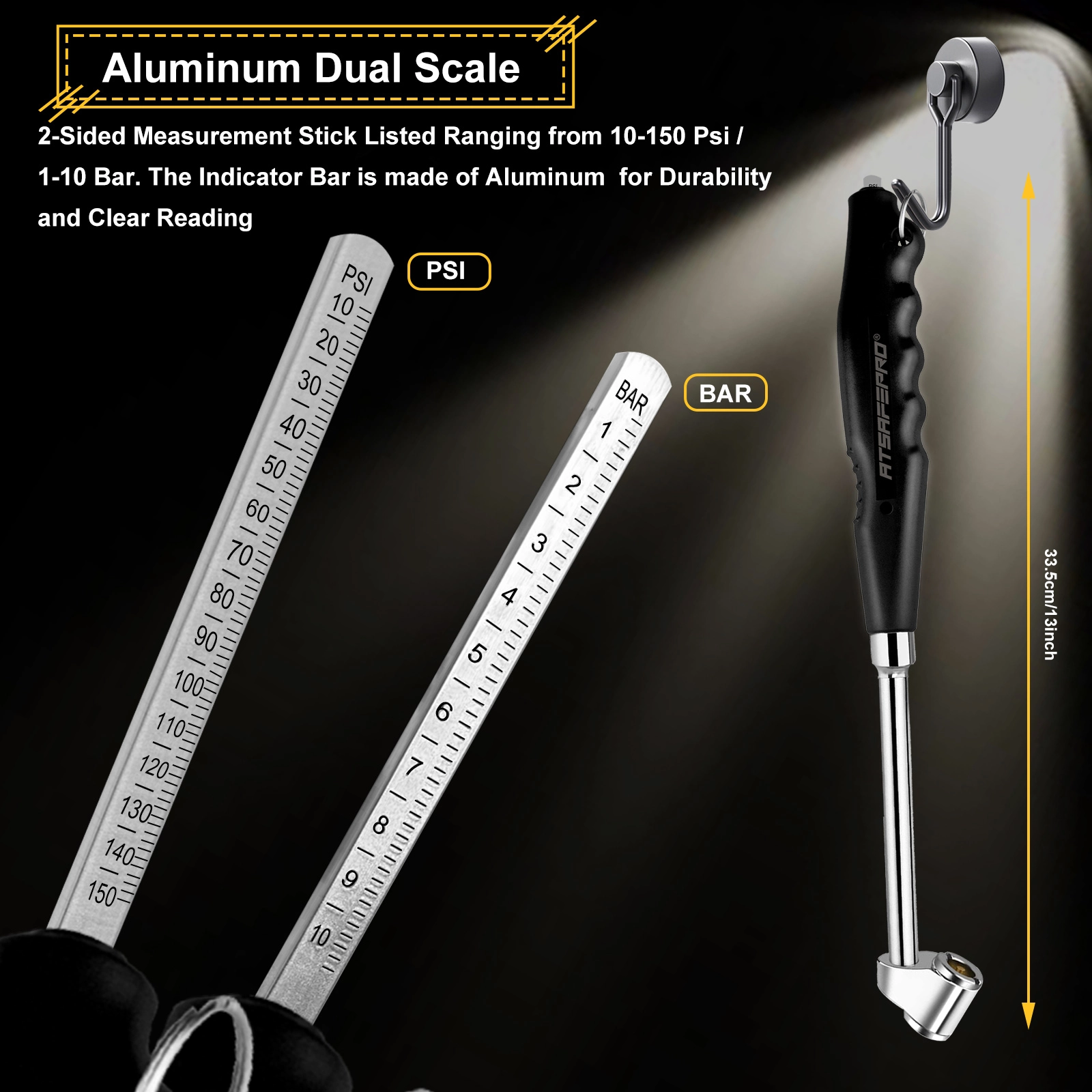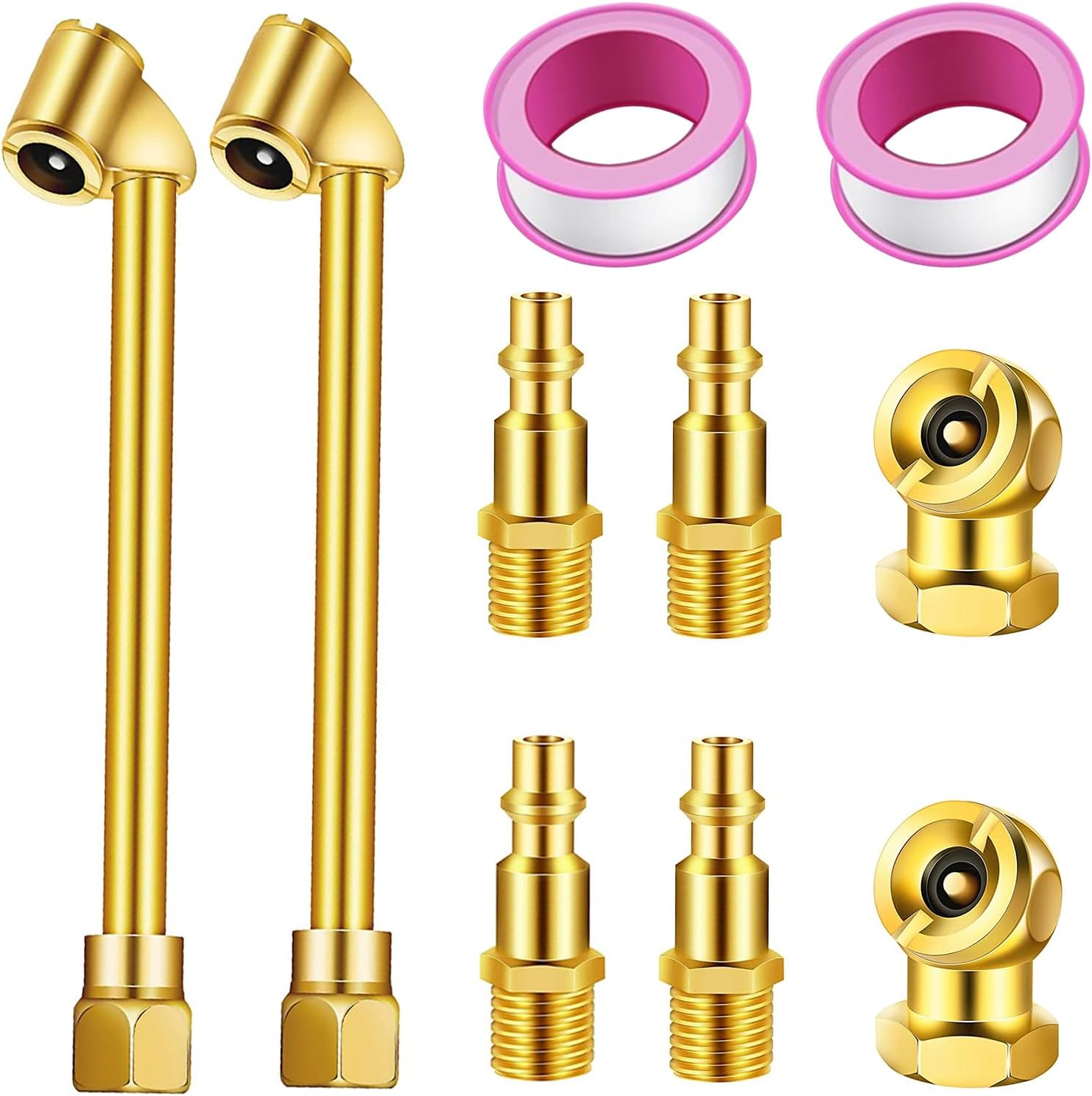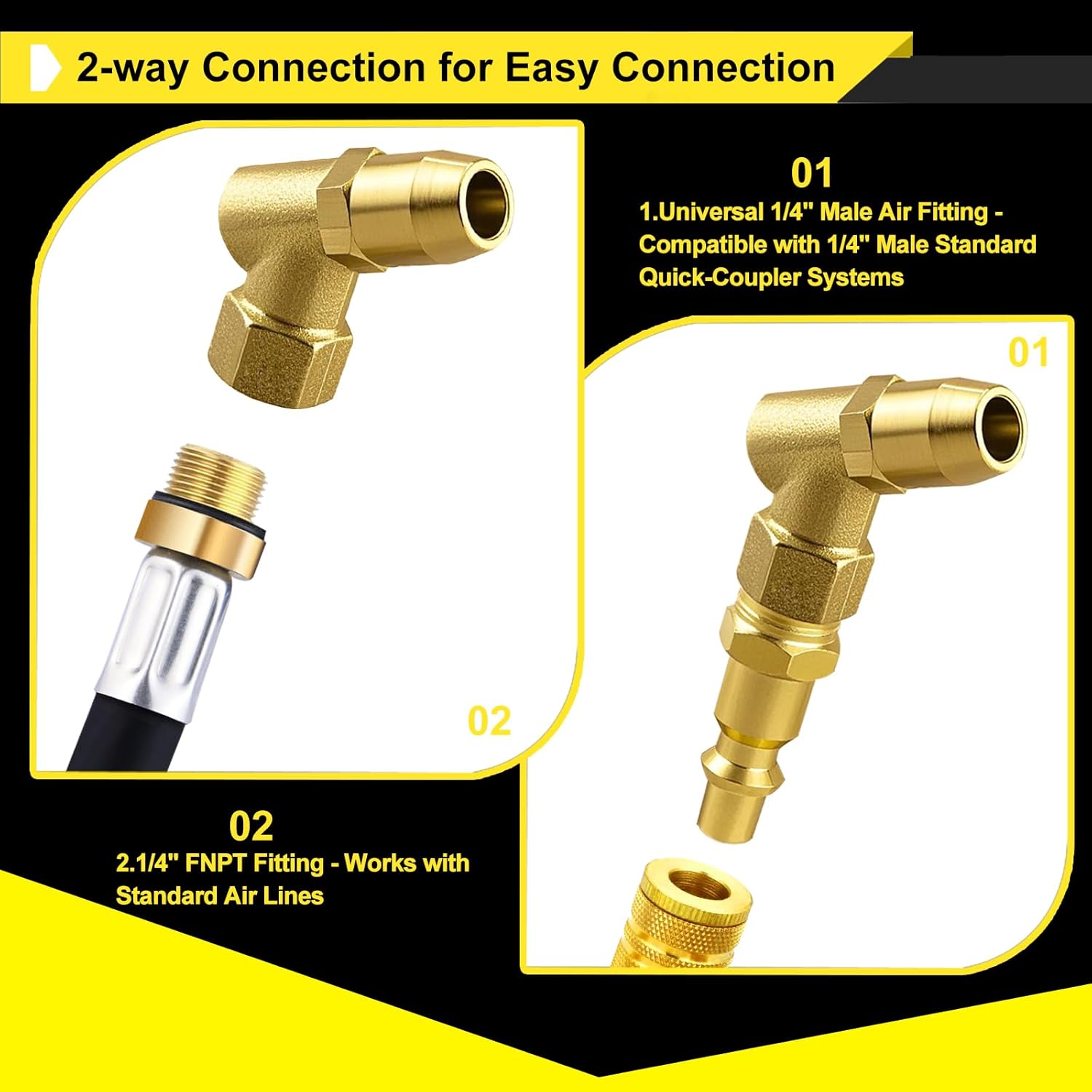Pneumatic air chuck technology has revolutionized the way industries handle clamping and gripping tasks, offering precision and efficiency in various applications. This innovative device uses compressed air to securely hold workpieces, making it an essential tool in manufacturing and assembly lines. As we delve into the world of pneumatic air chucks, we'll explore their design, benefits, and how they integrate with modern engineering solutions.
Understanding the Basics of Air Chucks
A air chuck is a mechanical device that employs compressed air to actuate jaws or clamps, providing a strong and reliable grip on objects. This technology is particularly valued for its speed and adaptability, allowing for quick changes in workpiece sizes without manual adjustments. Air chucks are widely used in lathes, milling machines, and other CNC equipment, where precision is paramount. The core principle involves air pressure that expands or contracts the chuck's components, ensuring a secure hold. One popular variant is the locking air chuck, which adds an extra layer of security by maintaining its grip even if air pressure fluctuates. This makes locking air chuck ideal for high-vibration environments or operations requiring prolonged clamping. By incorporating air chuck mechanisms, manufacturers can reduce downtime and improve overall productivity, as these devices respond rapidly to control signals.
The Evolution and Design Innovations in Pneumatic Air Chucks
Pneumatic air chuck designs have evolved significantly over the years, with engineers focusing on durability, efficiency, and user safety. Early models relied on basic pneumatic systems, but modern versions incorporate advanced features like self-centering jaws and adjustable pressure settings. A key innovation in this field is the integration of attachments such as the Closed Flow Design Valve Attachment, which enhances performance by ensuring precise air release only when needed. This attachment, crafted from durable brass, minimizes air loss and maintains optimal pressure, allowing pneumatic air chucks to operate at peak efficiency. For instance, in industrial settings, this means less frequent adjustments and reduced energy consumption, translating to cost savings. Locking air chuck variations often include such enhancements, providing an added layer of reliability for tasks involving heavy or irregularly shaped workpieces. The compact design of these chucks makes them versatile, fitting seamlessly into existing machinery without requiring extensive modifications.
Benefits and Applications of Pneumatic Air Chucks
One of the primary benefits of using a pneumatic air chuck is its ability to deliver consistent and powerful clamping force, which is crucial for maintaining accuracy in precision machining. This technology reduces the risk of slippage, ensuring that workpieces remain stable during high-speed operations. Additionally, air chucks are easier to automate, integrating well with robotic systems for enhanced productivity in assembly lines. In terms of applications, pneumatic air chucks are indispensable in the automotive industry for holding engine components during drilling or grinding. They are also prevalent in woodworking and metal fabrication, where quick-release mechanisms save time and improve workflow. The locking air chuck, in particular, shines in scenarios requiring uninterrupted holds, such as in aerospace manufacturing where safety standards are stringent. Furthermore, when paired with accessories like the Closed Flow Design Valve Attachment, these chucks offer superior pressure control, preventing over-clamping that could damage delicate materials. This level of control not only extends the lifespan of the tools but also enhances the quality of the final product.
Comparing Air Chucks to Traditional Clamping Methods
When compared to traditional mechanical chucks, air chucks provide several advantages, including faster operation and reduced physical effort for operators. Mechanical chucks often require manual tightening, which can be time-consuming and less precise, whereas pneumatic air chucks respond instantly to air pressure changes. This efficiency is amplified in the locking air chuck model, which combines the best of both worlds by offering secure locking without constant monitoring. In environments like home workshops or small-scale production, the ease of use and adaptability of air chuck systems make them a preferred choice. Moreover, the incorporation of innovative designs such as the Closed Flow Design Valve Attachment ensures that pneumatic air chucks maintain their performance over extended periods, reducing maintenance needs. This reliability is a game-changer for businesses aiming to minimize downtime and maximize output. Overall, the shift towards pneumatic solutions reflects a broader trend in industry towards automation and energy efficiency.
Maintenance and Future Trends in Pneumatic Technology
Proper maintenance is key to the longevity of pneumatic air chucks, involving regular checks of air lines, seals, and pressure regulators to prevent leaks and ensure optimal performance. Users should also inspect the locking mechanisms on locking air chuck models to avoid any failures during critical operations. Looking ahead, the future of pneumatic technology is bright, with advancements in smart sensors and IoT integration allowing for real-time monitoring of air chuck systems. This could lead to predictive maintenance, where potential issues are identified before they cause disruptions. The ongoing development of accessories like the Closed Flow Design Valve Attachment highlights the industry's commitment to innovation, making pneumatic air chucks even more efficient and user-friendly. As manufacturing demands continue to evolve, air chuck technology will likely play a pivotal role in achieving higher precision and sustainability. In summary, whether in large-scale industrial settings or smaller workshops, the versatility and reliability of pneumatic air chucks make them an invaluable asset for modern engineering challenges.
Conclusion: Why Choose Pneumatic Air Chucks?
In conclusion, pneumatic air chucks represent a significant advancement in clamping technology, offering precision, speed, and adaptability that traditional methods struggle to match. With features like secure locking and efficient air management, they are poised to remain a staple in various industries. By understanding and leveraging the benefits of air chuck and locking air chuck designs, businesses can enhance their operations and achieve superior results. As technology progresses, investing in high-quality pneumatic solutions will undoubtedly pay off in terms of efficiency and product quality.








